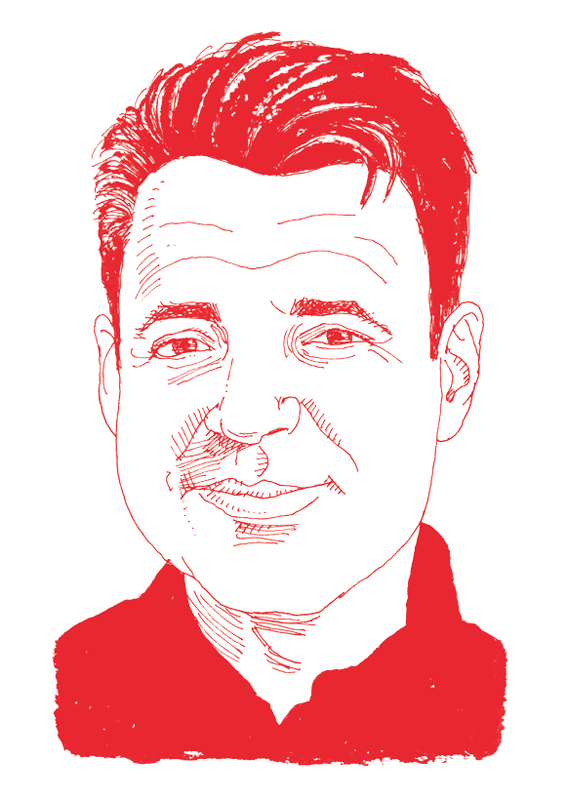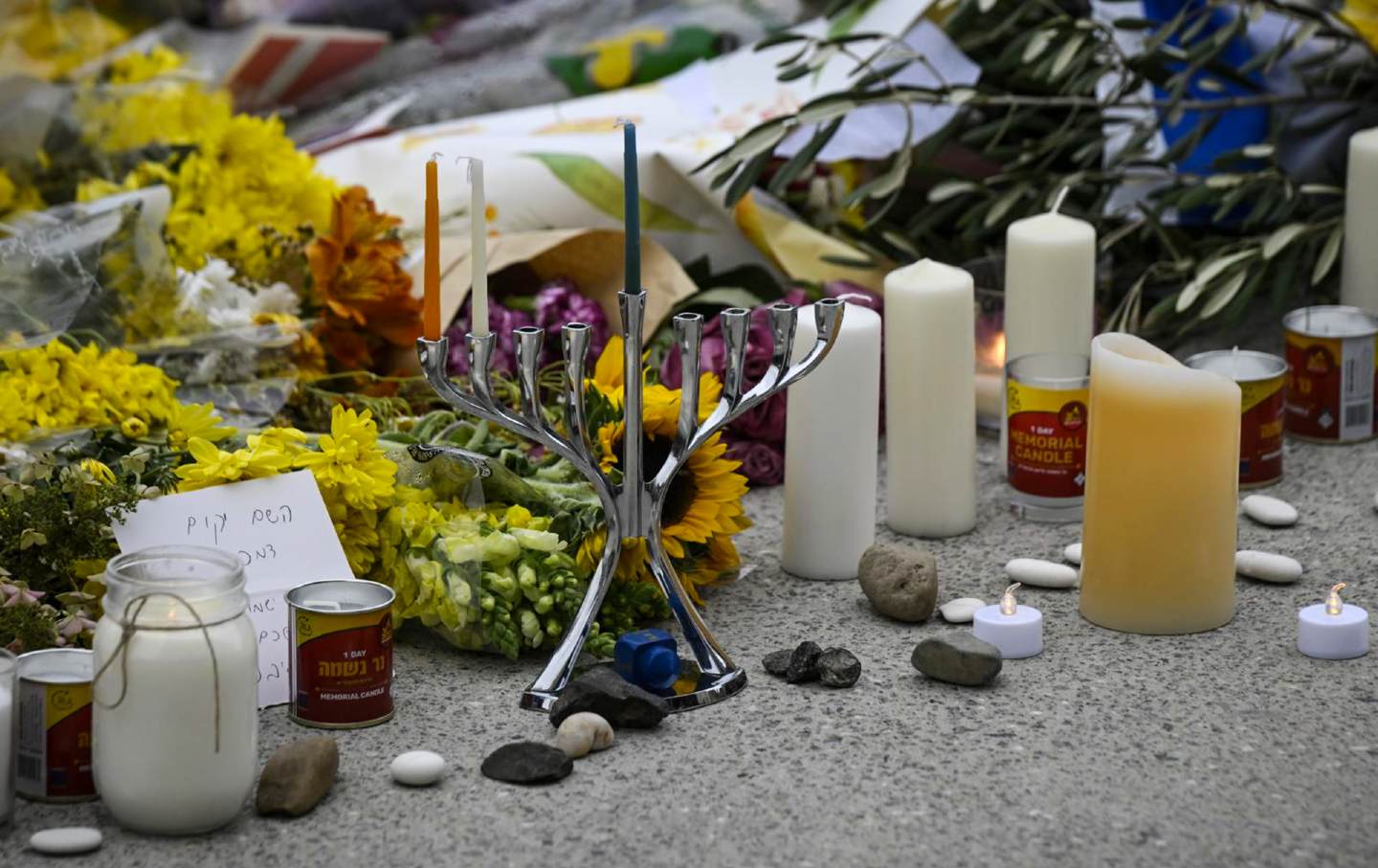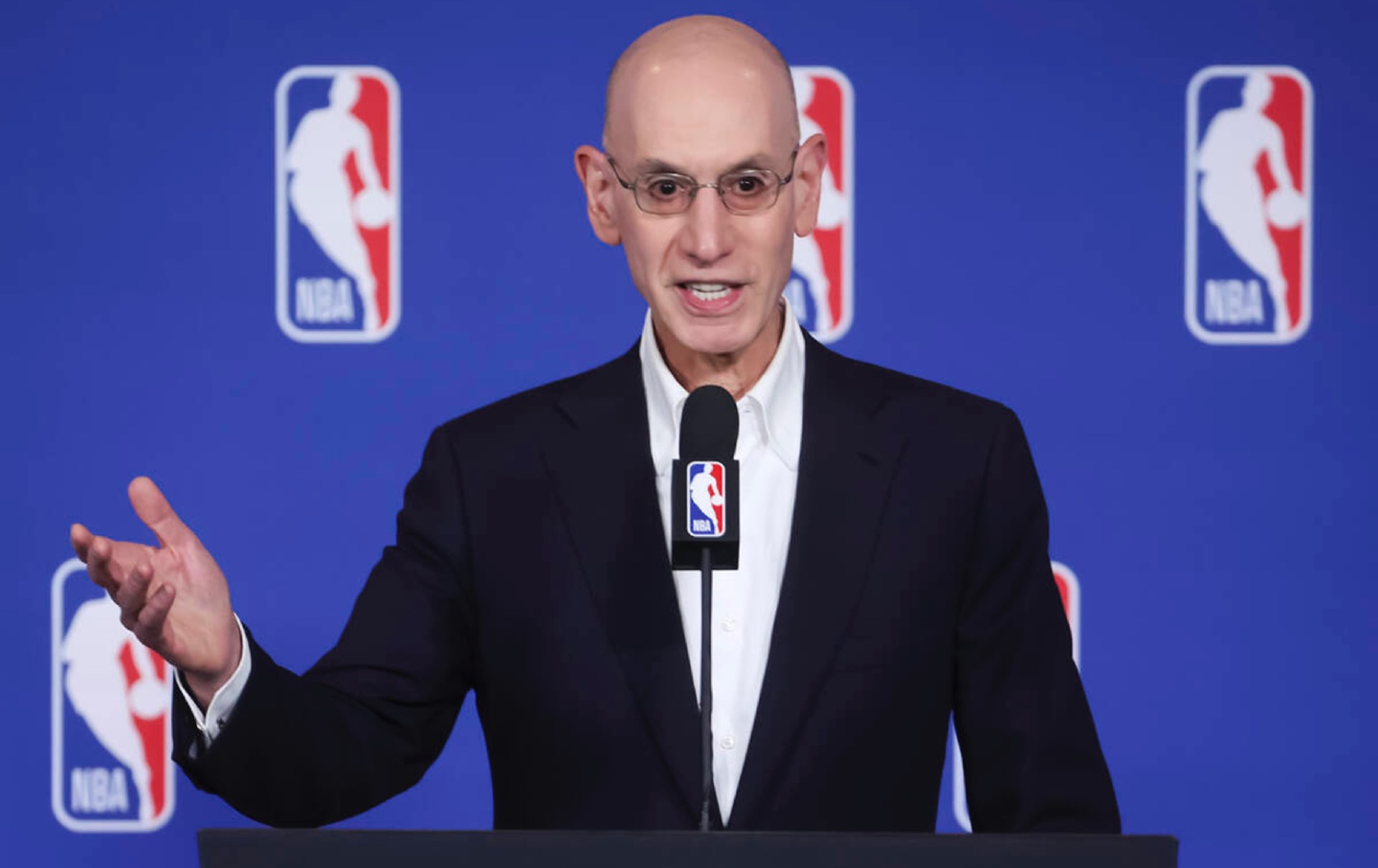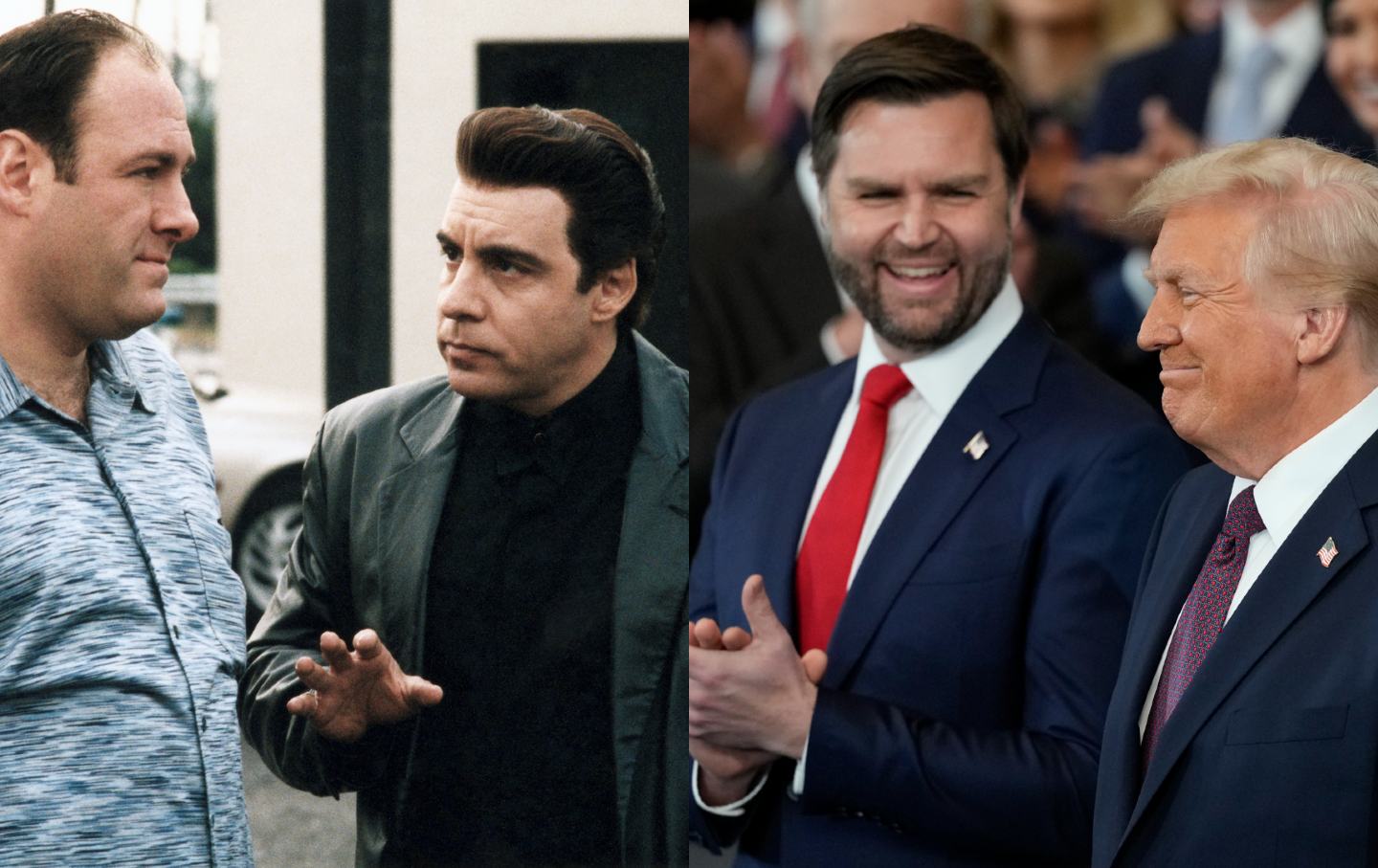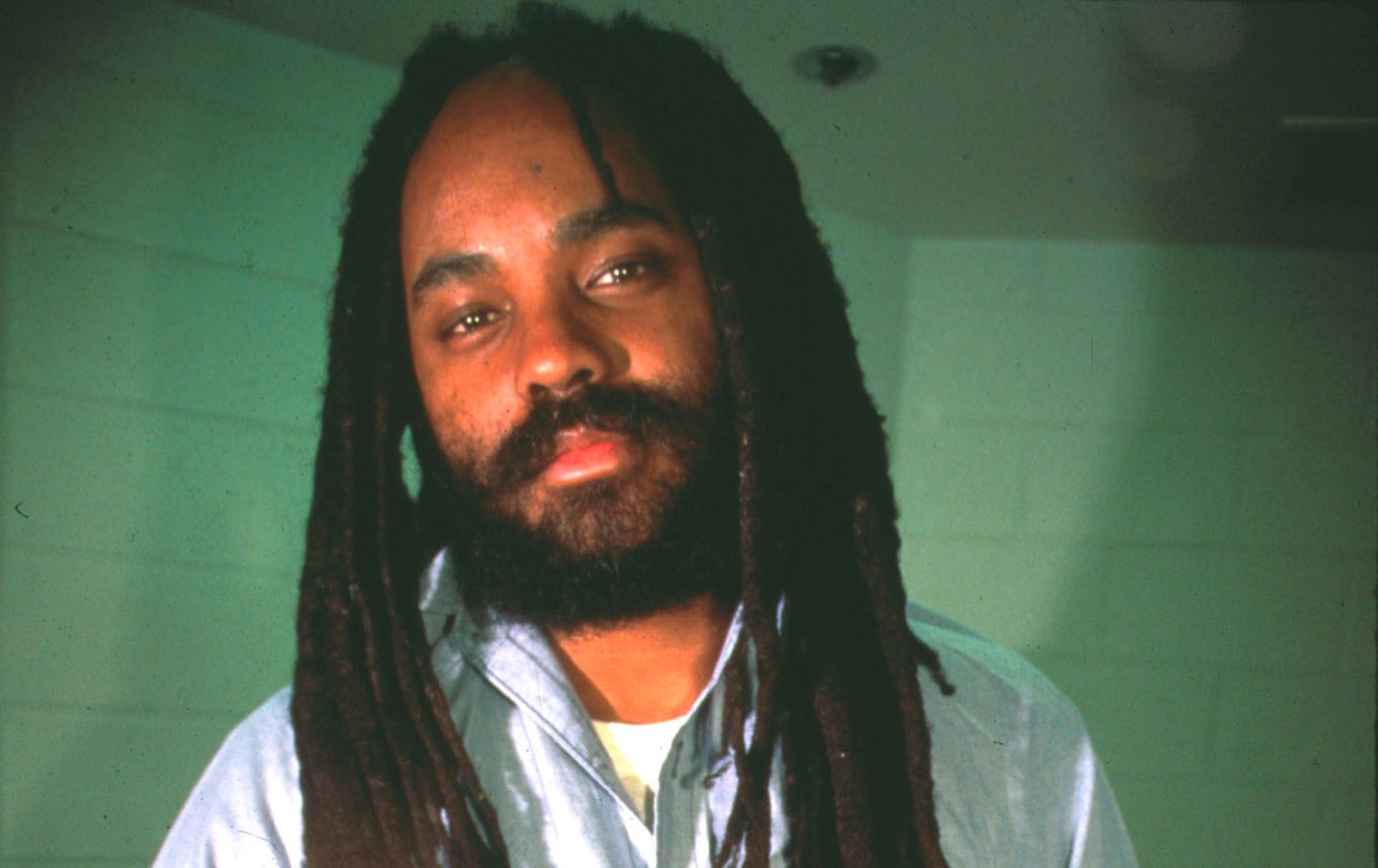Carli Lloyd’s Attacks on the USWNT Are Personal—and Political
The US Women’s National Team has always carried a double burden: They need to be the best, and they need to be global soccer icons.
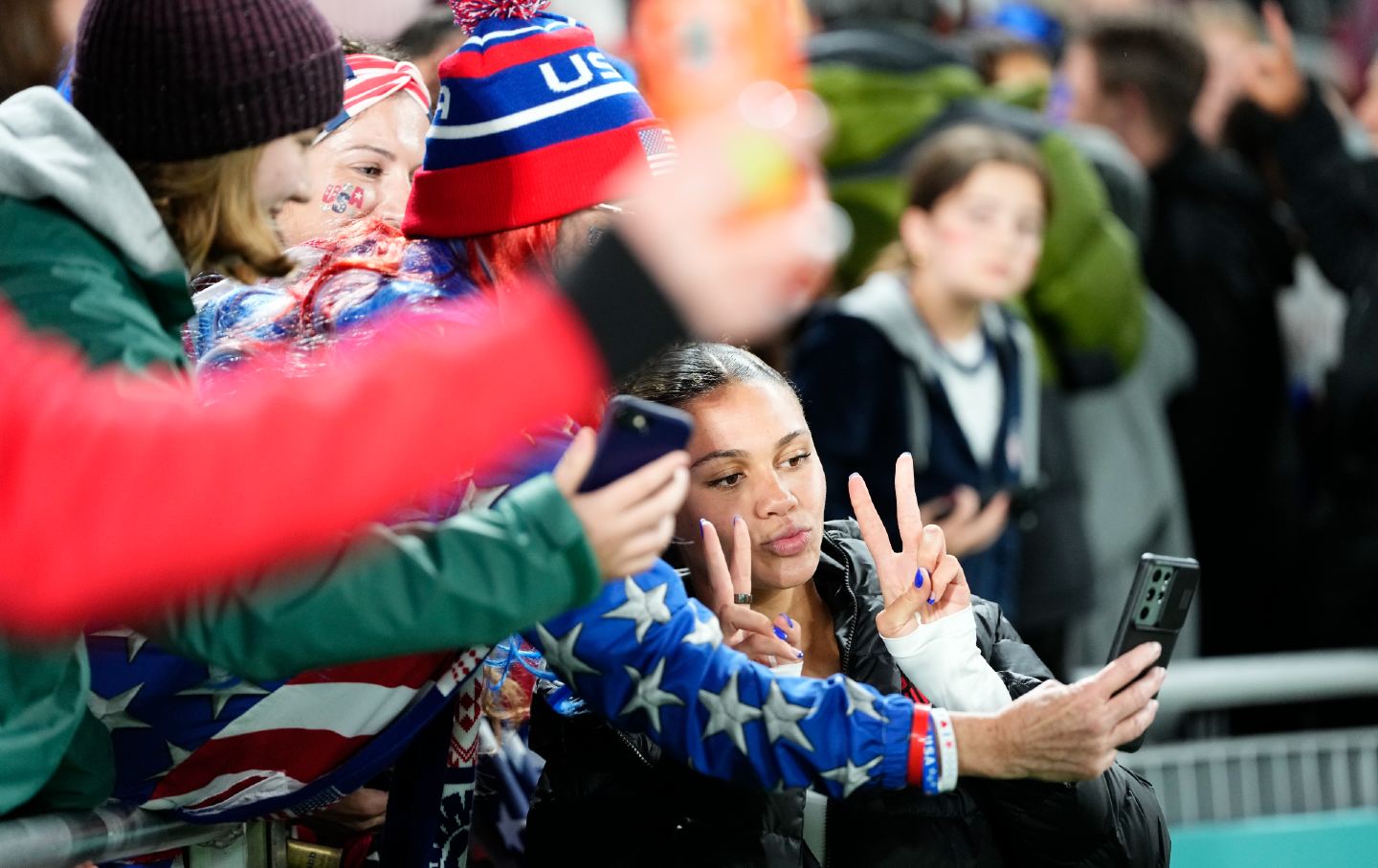
Carli Lloyd wasn’t having it. The former USWNT star turned Fox Sports commentator eviscerated the squad—many of whom are her former teammates—after a dreadful 0-0 tie against Portugal. Granted, it was a tie that felt like a loss. A markedly less talented—albeit plucky—Portugal squad almost sent the US home in shocking fashion when a shot at the 91st minute by Ana Capeta hit the post. The US team, especially its coaches, deserves criticism for the lackluster play and bewildering substitution patterns that have put it on the brink of defeat. But this was not what had Lloyd in full snarl.
It was after the contest, when Fox showed USWNT members signing autographs, posing, and dancing a little bit with fans in attendance, that set her off.
“I have never witnessed something like that,” she said. “There’s a difference between being respectful of the fans and saying hello to your family, but to be dancing and smiling… I mean, the player of the match was that post. You’re lucky to be not going home right now.”
More on US Soccer
This critique could not be less generous (Heaven forfend! Anything but smiling!). The USWNT is a squad, as Lloyd well knows, that has always held a double burden. They need to be the best, with anything short of hoisting the Cup being deemed a failure. They also feel the pressure as global soccer icons, to grow the sport, interact with fans, and create memories for young people—particularly young girls—to carry with them for the rest of their lives. No other team comes close to having to shoulder this kind of weight.
Maybe they shouldn’t care about the next generation. Maybe they should be like Lloyd wants them to be: sneering at fans to show the arm-chair soccer experts just how much they “want it.” Or maybe this is just Lloyd taking the worst from men’s sports—the idea that if you are not a “winner” you are by definition a “loser”—and grafting it onto the women’s game.
It is certainly true that we would never hypothetically see the Miami Heat signing autographs after losing a finals game to the Denver Nuggets. But is that a good thing? We should want our athletes to connect with fans and forge moments that will be treasured. Yet for Lloyd, and so many out there, these moments of kindness are signs of weakness and an opportunity to pile on.
One cannot separate Lloyd’s comments from her open, long-standing antipathy toward her former teammates. Last year in a Fox radio interview, she blasted members of the squad for focusing more on “building a brand” than caring about winning. “What we had in the last several years was not a good culture,” she told the Fox Sports State of the Union podcast. “The mentality changed, and it became toxic.”
Lloyd said that “what made this team so successful throughout the years is we stepped in between the lines, and we fought for one another. Whether that was the player in front of you, the side of you, behind you, and it didn’t matter what you looked like, it didn’t matter what you stood for. It didn’t matter what car you drove.”
It was a bizarre and personal criticism. Calling this team—your former team—“toxic” after it won two consecutive World Cups makes no sense. This is a team that stood in solidarity with each other and won a historic victory for equal pay (hardly the actions of people obsessed with their “brand”). This is the team that turned Lloyd into a star, and she did not turn down the endorsement offers that rolled her way for fear that they would “distract” her. And as for the experience of being on this team, Lloyd said on a different podcast, “Even within our squad, the culture has changed. To be quite honest, I hated it.” Lloyd’s criticism of these recent matches are warranted, but her comments feel like a cover for a much deeper rift—one that’s not only personal but political.
At the Tokyo Olympics, Lloyd became the only US player who refused to kneel to protest racism before the medal match against Australia. She wanted a shut-up-and-play culture on the team, but she lost the leadership battle to the rollicking, protesting, brand ambassador extraordinaire Megan Rapinoe. It was Rapinoe who made international waves in 2016 by being the first to kneel during the anthem, then in solidarity with Colin Kaepernick’s efforts to raise awareness about racist police violence. It is Rapinoe and everything she represents in terms of this team’s “culture” that Lloyd wants to tear down. It’s reactionary. The USWNT struggles feel like just the chance that Lloyd has been waiting to crow about. If Lloyd wants to fit in on Fox and be a right-wing scold, that’s her business. But we should reject the idea that caring about, and connecting with, fans, is somehow a distraction from winning. Maybe the USWNT will win this World Cup; maybe they won’t. But it won’t be because this team was too nice to their fans. What a repellent thought. Talk about toxic.
Disobey authoritarians, support The Nation
Over the past year you’ve read Nation writers like Elie Mystal, Kaveh Akbar, John Nichols, Joan Walsh, Bryce Covert, Dave Zirin, Jeet Heer, Michael T. Klare, Katha Pollitt, Amy Littlefield, Gregg Gonsalves, and Sasha Abramsky take on the Trump family’s corruption, set the record straight about Robert F. Kennedy Jr.’s catastrophic Make America Healthy Again movement, survey the fallout and human cost of the DOGE wrecking ball, anticipate the Supreme Court’s dangerous antidemocratic rulings, and amplify successful tactics of resistance on the streets and in Congress.
We publish these stories because when members of our communities are being abducted, household debt is climbing, and AI data centers are causing water and electricity shortages, we have a duty as journalists to do all we can to inform the public.
In 2026, our aim is to do more than ever before—but we need your support to make that happen.
Through December 31, a generous donor will match all donations up to $75,000. That means that your contribution will be doubled, dollar for dollar. If we hit the full match, we’ll be starting 2026 with $150,000 to invest in the stories that impact real people’s lives—the kinds of stories that billionaire-owned, corporate-backed outlets aren’t covering.
With your support, our team will publish major stories that the president and his allies won’t want you to read. We’ll cover the emerging military-tech industrial complex and matters of war, peace, and surveillance, as well as the affordability crisis, hunger, housing, healthcare, the environment, attacks on reproductive rights, and much more. At the same time, we’ll imagine alternatives to Trumpian rule and uplift efforts to create a better world, here and now.
While your gift has twice the impact, I’m asking you to support The Nation with a donation today. You’ll empower the journalists, editors, and fact-checkers best equipped to hold this authoritarian administration to account.
I hope you won’t miss this moment—donate to The Nation today.
Onward,
Katrina vanden Heuvel
Editor and publisher, The Nation

